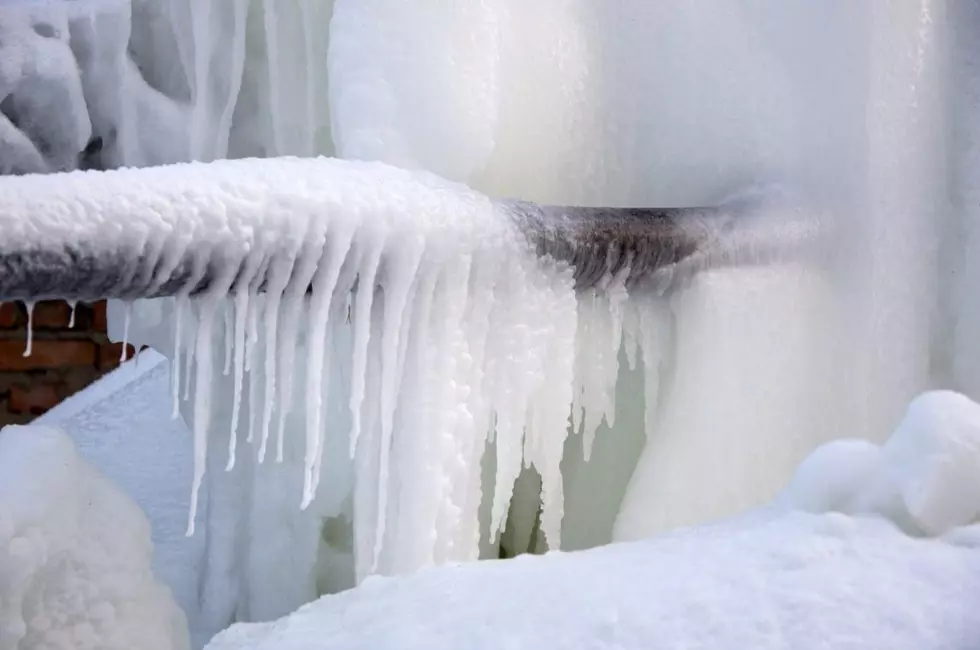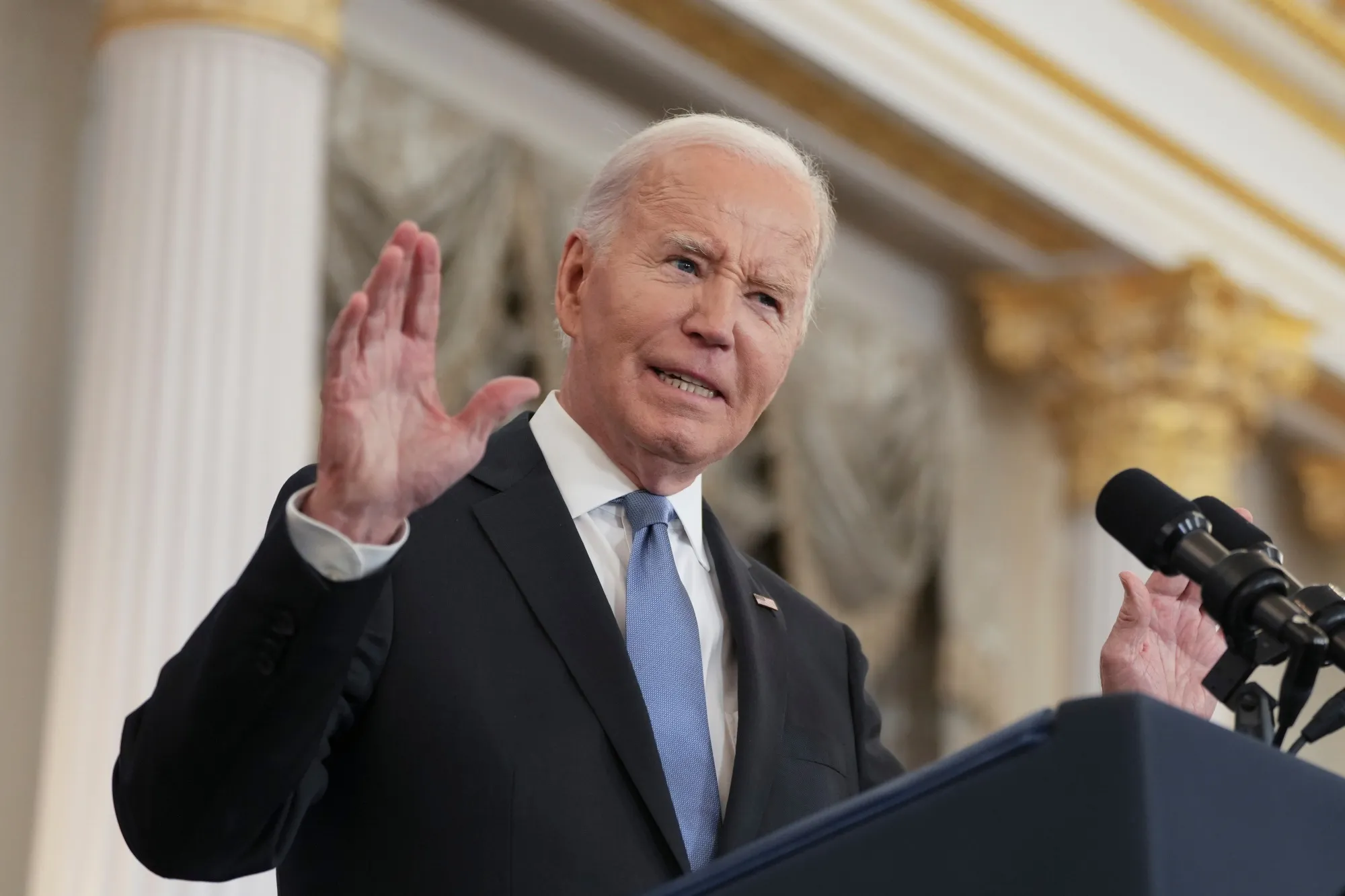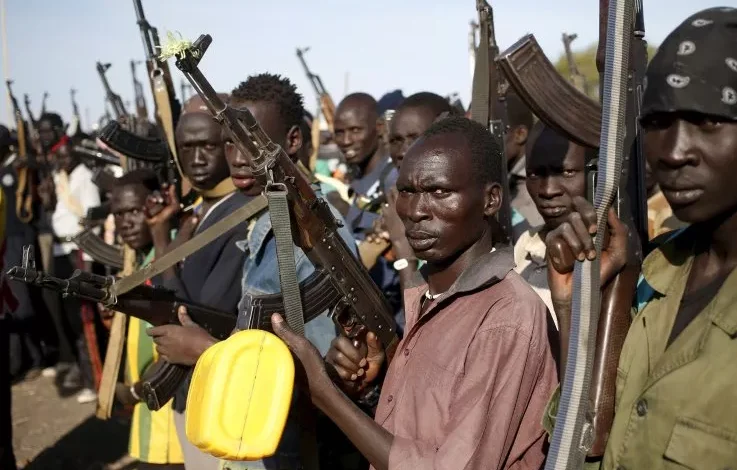The United States is urging certain foreign nations not to exacerbate Sudan’s ongoing civil war by arming the warring factions, as the country faces one of the world’s worst humanitarian crises.
In addition to calling on external actors to exercise restraint, Washington has also pressed Sudan’s conflicting sides to adopt a code of conduct aimed at reducing abuses against civilians. While the paramilitary Rapid Support Forces (RSF) have agreed to the proposal, the Sudanese Armed Forces (SAF) are still considering it, according to US officials.
The conflict between the SAF and the RSF, which began in April 2023, has resulted in a dire situation in Sudan, with more than 25 million people facing acute hunger and over 10 million displaced from their homes, according to the US State Department.
“Unfortunately, we’ve seen a significant proliferation of the number of external actors that are playing a role on both sides,” Tom Perriello, the U.S. special envoy for Sudan, said on Tuesday.
According to Perriello, these actors are not prioritizing the welfare of the Sudanese people. He specifically mentioned the United Arab Emirates’ support for the RSF, as well as foreign fighters from the Sahel region and involvement from Iran and Russia on the SAF side.
Recent US-brokered peace talks in Geneva, which concluded last week, failed to end the 16-month conflict. However, the RSF agreed to a code of conduct that includes commitments to avoid violence against women, exploitation at checkpoints, and the destruction of crops. The SAF, which did not participate in the Geneva talks, has been presented with the same code of conduct and is expected to respond in the coming days.
The United States has accused both the SAF and RSF of war crimes, with the RSF facing additional charges of ethnic cleansing and crimes against humanity, particularly targeting the indigenous African-origin people of Darfur.
During the Geneva discussions, representatives from the US, African Union, United Arab Emirates, United Nations, Egypt, Saudi Arabia, and Switzerland focused on reopening three critical humanitarian corridors: the Western border crossing in Darfur at Adre, the northern Dabbah Road from Port Sudan, and the southern access route through Sennar. Humanitarian aid deliveries have resumed via two of these routes, providing much-needed relief to famine-stricken areas of Sudan.
In a statement issued on Monday, US Secretary of State Antony Blinken welcomed the reopening of these humanitarian corridors, noting that the lack of aid access to Darfur over the previous six months had worsened Sudan’s already historic levels of famine and acute hunger, particularly in the Zamzam camp.
VOA News contributed to this report.









